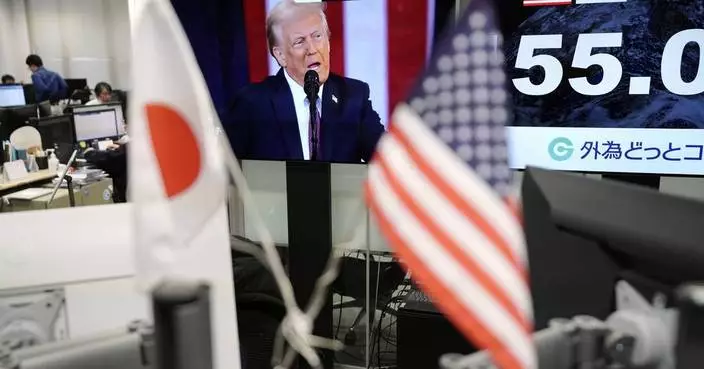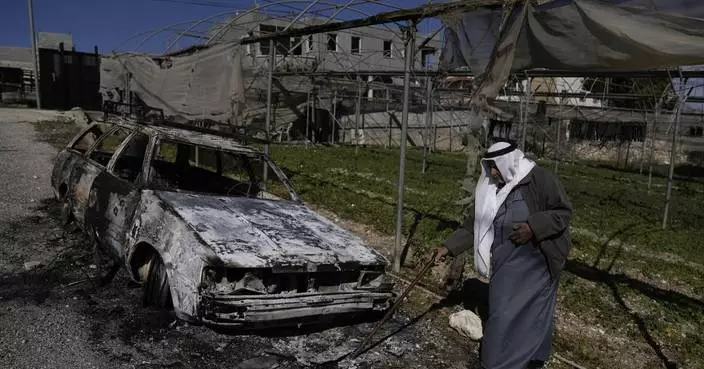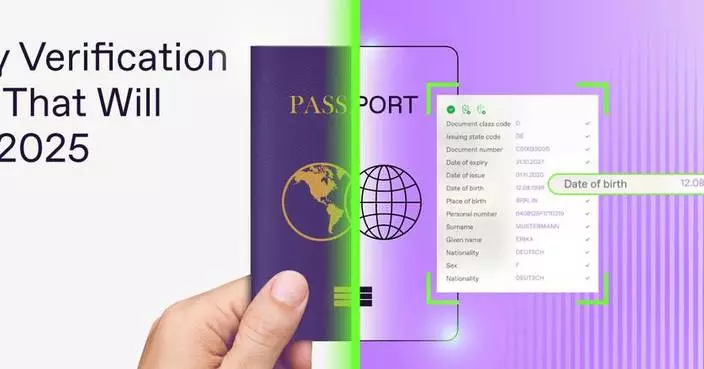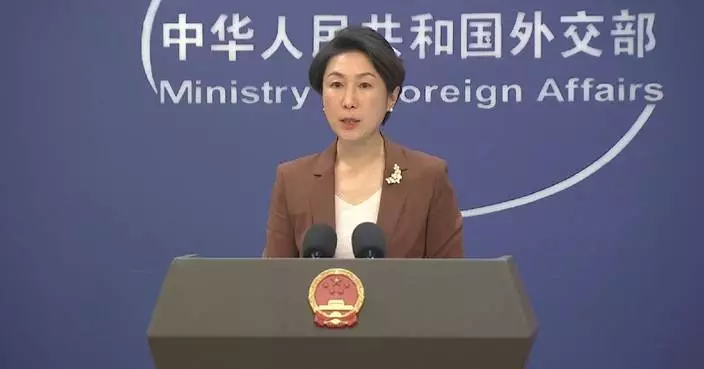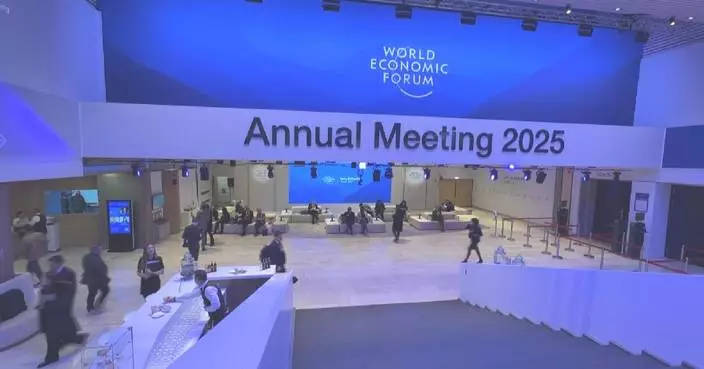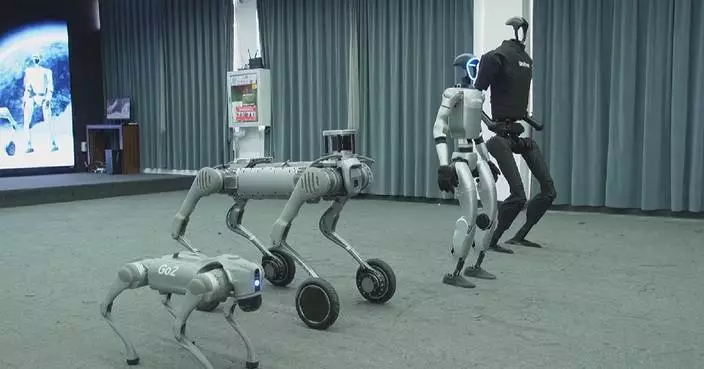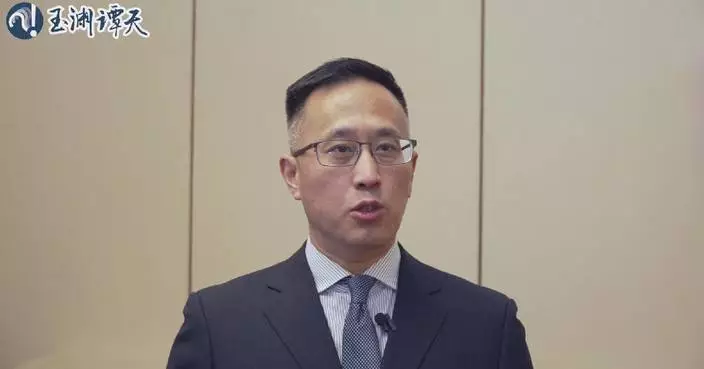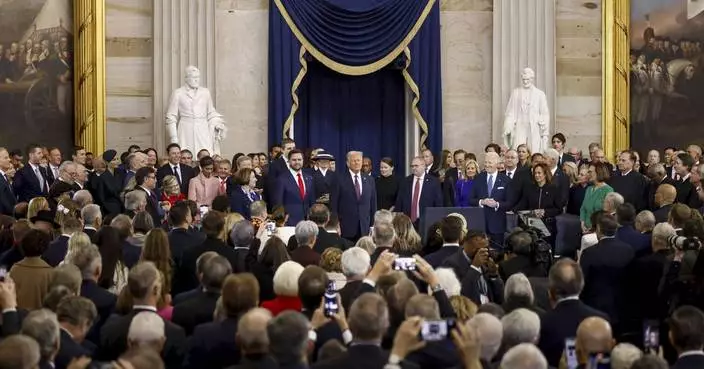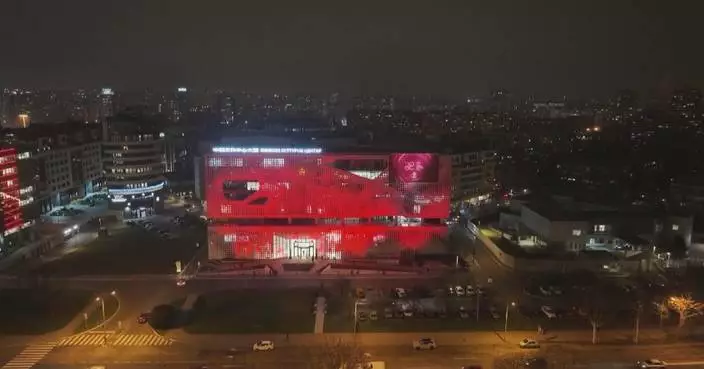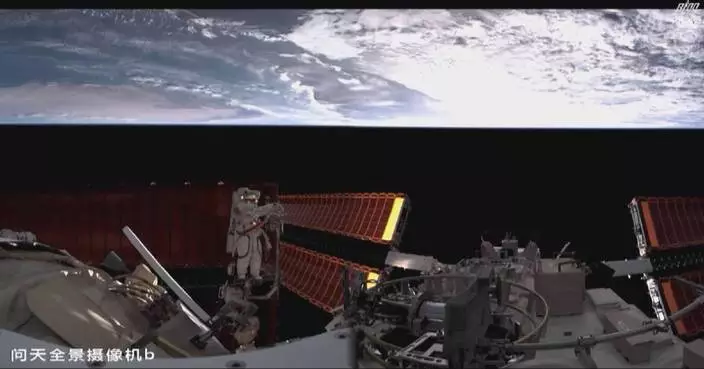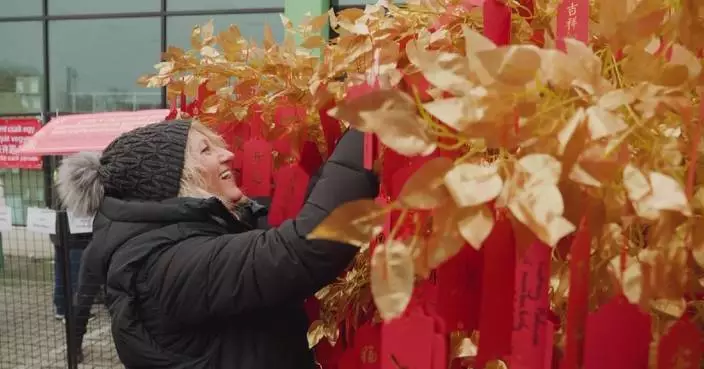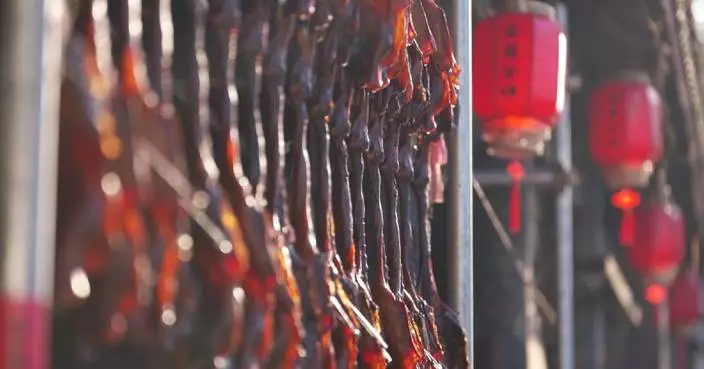DUBAI, United Arab Emirates (AP) — The Taliban have suspended polio vaccination campaigns in Afghanistan, the U.N. said Monday. It’s a devastating setback for polio eradication, since the virus is one of the world’s most infectious and any unvaccinated groups of children where the virus is spreading could undo years of progress.
Afghanistan is one of two countries in which the spread of the potentially fatal, paralyzing disease has never been stopped. The other is Pakistan. It’s likely that the Taliban’s decision will have major repercussions for other countries in the region and beyond.
News of the suspension was relayed to U.N. agencies right before the September immunization campaign was due to start. No reason was given for the suspension, and no one from the Taliban-controlled government was immediately available for comment.
A top official from the World Health Organization said it was aware of discussions to move away from house-to-house vaccinations and instead have immunizations in places like mosques.
The WHO has confirmed 18 polio cases in Afghanistan this year, all but two in the south of the country. That’s up from six cases in 2023.
“The Global Polio Eradication Initiative is aware of the recent policy discussions on shifting from house-to-house polio vaccination campaigns to site-to-site vaccination in parts of Afghanistan,” said Dr. Hamid Jafari from the WHO. “Partners are in the process of discussing and understanding the scope and impact of any change in current policy.”
Polio campaigns in neighboring Pakistan are regularly marred by violence. Militants target vaccination teams and police assigned to protect them, falsely claiming that the campaigns are a Western conspiracy to sterilize children.
As recently as August, the WHO reported that Afghanistan and Pakistan were continuing to implement an “intensive and synchronized campaign” focusing on improved vaccination coverage in endemic zones and an effective and timely response to detections elsewhere.
During a June 2024 nationwide campaign, Afghanistan used a house-to-house vaccination strategy for the first time in five years, a tactic that helped to reach the majority of children targeted, the WHO said.
But southern Kandahar province, the base of Taliban supreme leader Hibatullah Akhundzada, used site-to-site or mosque-to-mosque vaccination campaigns, which are less effective than going to people’s homes.
Kandahar continues to have a large pool of susceptible children because it is not carrying out house-to-house vaccinations, the WHO said. “The overall women’s inclusion in vaccination campaigns remains around 20% in Afghanistan, leading to inadequate access to all children in some areas,” it said.
Any setback in Afghanistan poses a risk to the program in Pakistan due to high population movement, the WHO warned last month.
Pakistani health official Anwarul Haq said the polio virus would eventually spread and continue affecting children in both countries if vaccination campaigns aren't run regularly and in a synchronized manner.
“Afghanistan is the only neighbor from where Afghan people in large numbers come to Pakistan and then go back,” said Haq, the coordinator at the National Emergency Operation Center for Polio Eradication. “People from other neighboring countries, like India and Iran, don’t come to Pakistan in large numbers.”
There needs to be a united effort to eliminate the disease, he told The Associated Press.
The campaign suspension is the latest obstacle in what has become a problematic global effort to stop polio. The initiative, which costs about $1 billion every year, has missed multiple deadlines to wipe out the disease and technical mistakes in the vaccination strategy set by WHO and partners have been costly.
The oral vaccine has also inadvertently seeded outbreaks in dozens of countries across Africa, Asia and the Middle East and now accounts for the majority of polio cases worldwide.
This was seen most recently in Gaza, where a baby was partially paralyzed by a mutated strain of polio first seen in the oral vaccine, marking the territory’s first case in more than 25 years.
Associated Press writers Maria Cheng in London and Munir Ahmed in Islamabad contributed to this report.
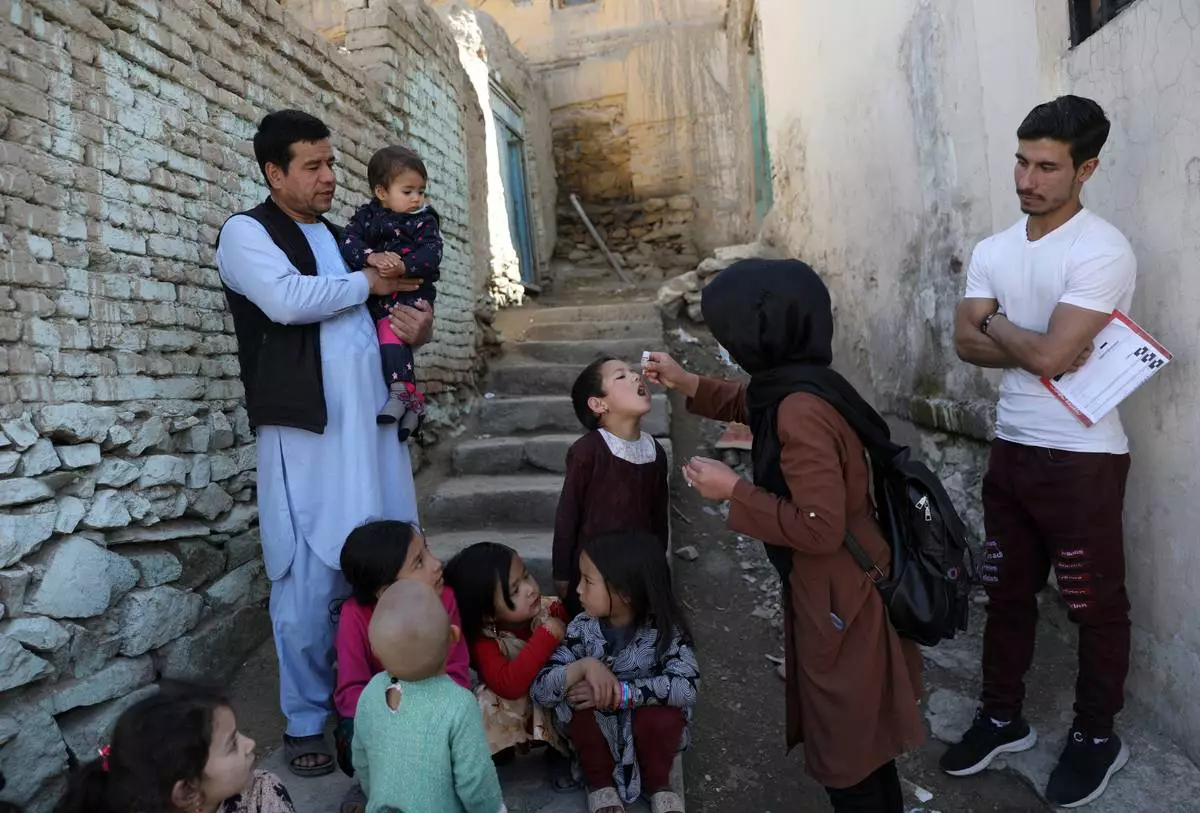
FILE - Shabana Maani, gives a polio vaccination to a child in the old part of Kabul, Afghanistan, Monday, March 29, 2021. (AP Photo/Rahmat Gul, File)

FILE - Shabana Maani, gives a polio vaccination to a child in the old part of Kabul, Afghanistan, Monday, March 29, 2021. (AP Photo/Rahmat Gul, File)
Donald Trump began his first day as the 47th president of the United States with a dizzying display of force, signing a blizzard of executive orders that signaled his desire to remake American institutions while also pardoning nearly all of his supporters who rioted at the U.S. Capitol on Jan. 6, 2021.
Here's the latest:
He pledged to remove more than 1,000 presidential appointees “who are not aligned with our vision.”
In a post on his TruthSocial platform, Trump dismissed chef and humanitarian Jose Andres from the President’s Council on Sports, Fitness and Nutrition, Ret. Gen. Mark Milley from the National Infrastructure Advisory Council, former State Dept. official Brian Hook from the board of the Wilson Center, and former Atlanta Mayor Keisha Lance Bottoms from the President’s Export Council.
“YOUR’E FIRED!” he wrote in a post just after midnight Tuesday.
Milley, the former chairman of the joint chiefs of staff under Trump, received a pardon from former President Joe Biden on Monday over concerns he could be criminally targeted by the new administration. His portrait in the Pentagon was also removed. Hook, who was Trump’s Iran envoy during his first term, had been involved in the Trump administration transition. No reasoning was given for his firing.
Former President Joe Biden also removed many Trump appointees in his first days in office, including former press secretary Sean Spicer from the board overseeing the U.S. Naval Acadamy.
Rep. Elise Stefanik is likely to face questions at her confirmation hearing Tuesday to become the U.S. ambassador to the United Nations about her lack of foreign policy experience, her strong support for Israel and her views on funding the U.N. and its many agencies.
Harvard-educated and the fourth-ranking member of the U.S. House, she was elected to Congress in 2015 as a moderate Republican and is leaving a decade later as one of President Trump’s most ardent allies.
U.N. Secretary-General Antonio Guterres “looks forward to working again with President Trump on his second term,” U.N. deputy spokesman Farhan Haq said Monday.
When she appears before the Senate Foreign Relations Committee, Stefanik is likely to be grilled about her views on the wars in Gaza, Ukraine, Sudan and elsewhere as well as the North Korean and Iranian nuclear programs — all issues on the U.N. agenda.
▶ Read more about Elise Stefanik’s confirmation hearing
Scholz said at the World Economic Forum in Davos on Tuesday that “not every press conference in Washington, not every tweet should send us straight into excited, existential debates. That’s also the case after the change of government that took place in Washington yesterday.”
Scholz said the U.S. is Germany’s closest ally outside Europe and he’ll do everything to keep in that way.
He acknowledged that Trump and his administration “will keep the world on tenterhooks in the coming years” in energy, climate, trade and security policy. But he said “we can and will deal with all this, without unnecessary agitation and outrage, but also without false ingratiation or telling people what they want to hear.”
Scholz said of Trump’s “America First” approach that there’s nothing wrong with looking to the interests of one’s own country – “we all do that. But it is also the case that cooperation and agreement with others are mostly also in one’s interest.”
Speaking in the Oval Office Monday, Trump rejected Biden’s warning that the U.S. is becoming an “ oligarchy ” for tech billionaires, saying the executives supported Democrats until they realized Biden “didn’t know what the hell he was talking about.”
“They did desert him,” Trump added. “They were all with him, every one of them, and now they are all with me.”
Despite taking millions from the executives and their companies for his inaugural committee — and receiving more than $200 million in assistance from Musk in his presidential campaign — Trump claimed he didn’t need their money and they wouldn’t be receiving anything in return.
“They’re not going to get anything from me,” Trump said. “I don’t need money, but I do want the nation to do well, and they’re smart people and they create a lot of jobs.”
Some of the most exclusive seats at Trump’s inauguration on Monday were reserved for powerful tech CEOs who also happen to be among the world’s richest men.
That’s a shift from tradition, especially for a president who has characterized himself as a champion of the working class. Seats so close to the president are usually reserved for the president’s family, past presidents and other honored guests.
The mega-rich have long had a prominent role in national politics, and several billionaires helped bankroll the campaign of Trump’s Democratic opponent, Vice President Kamala Harris.
But the inaugural display highlights the unusually direct role the world’s wealthiest people will likely have in the new administration. In his outgoing address, Biden warned that the U.S. was becoming an oligarchy of tech billionaires wielding dangerous levels of power and influence on the nation.
▶ Read more about the billionaires at Trump’s inauguration
Outside the National Cathedral, just a few hours before the Interfaith Service of Prayer for the Nation, which both President Trump and Vice President JD Vance are expected to attend, the scene before was decidedly quiet.
At the Cathedral only a few dog walkers dotted the sidewalk and the police presence was low.
It was a far cry from yesterday when thousands lined up in downtown D.C. festooned in the red regalia of MAGA nation — or the security and foot traffic from earlier this month for the funeral service of former President Jimmy Carter where Secret Service vehicles could be seen at least a mile from the Cathedral.
The Senate quickly confirmed Marco Rubio as secretary of state Monday, voting unanimously to give Trump the first member of his new Cabinet on Inauguration Day.
Rubio, the Republican senator from Florida, is among the least controversial of Trump’s nominees and vote was decisive, 99-0.
It’s often tradition for the Senate to convene immediately after the ceremonial pomp of the inauguration to begin putting the new president’s team in place, particularly the national security officials.
▶ Read more about Marco Rubio’s confirmation
All the living former presidents were there and the outgoing president amicably greeted his successor, who gave a speech about the country’s bright future and who left to the blare of a brass band.
At first glance, President Donald Trump’ssecond inauguration seemed like a continuation of the country’s nearly 250-year-long tradition of peaceful transfers of power, essential to its democracy. And there was much to celebrate: Trump won a free and fair election last fall, and his supporters hope he will be able to fix problems at the border, end the war in Ukraine and get inflation under control.
Still, on Monday, the warning signs were clear.
Due to frigid temperatures, Trump’s swearing-in was held in the Capitol Rotunda, where rioters seeking to keep him in power the last time roamed during the Jan. 6, 2021, attack. Trump walked into the space from the hall leading to the building’s west front tunnel, where some of the worst hand-to-hand combat between Trump supporters and police occurred that day.
After giving a speech pledging that “never again” would the government “persecute political opponents,” Trump then gave a second, impromptu address to a crowd of supporters. The president lamented that his inaugural address had been sanitized, said he would shortly pardon the Jan. 6 rioters and fumed at last-minute preemptive pardons issued by outgoing President Joe Biden to the members of the congressional committee that investigated the attack.
▶ Read more about Trump’s Inauguration Day
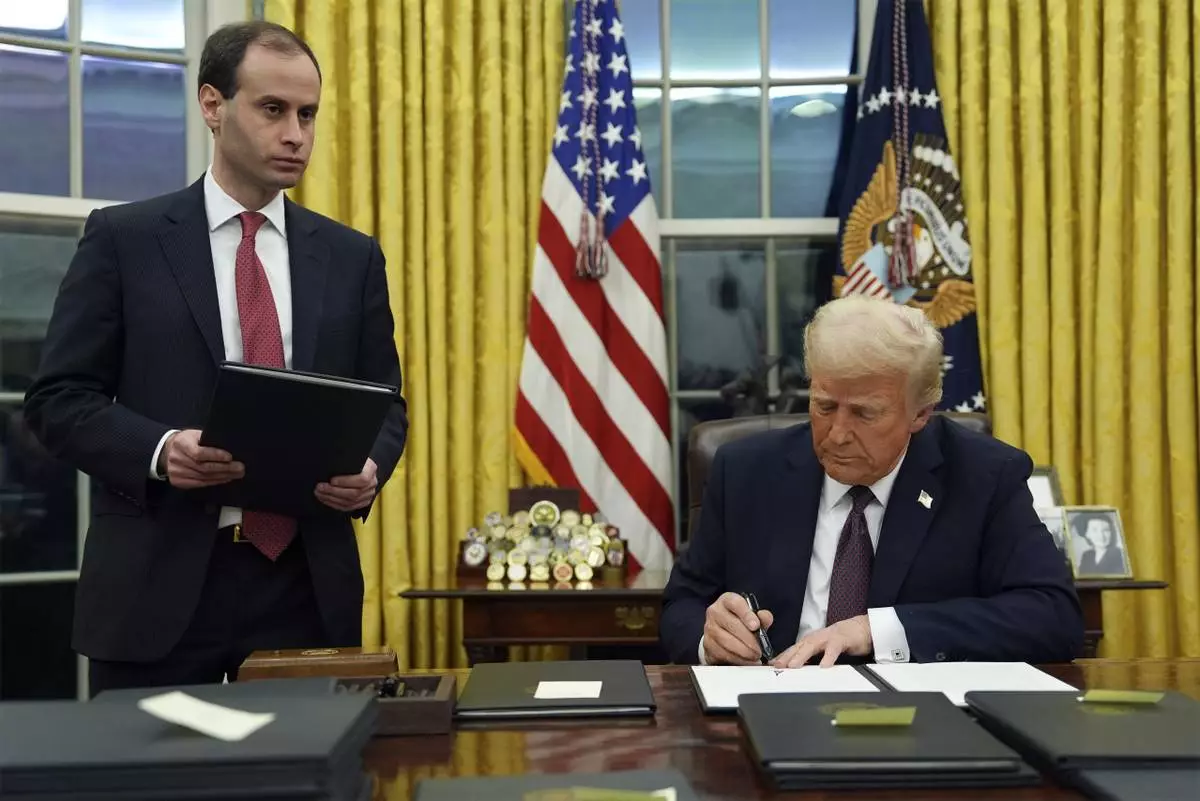
President Donald Trump signs an executive order to create the Department of Government Efficiency (DOGE) in the Oval Office of the White House, Monday, Jan. 20, 2025, in Washington, as White House staff secretary Will Scharf watches. (AP Photo/Evan Vucci)
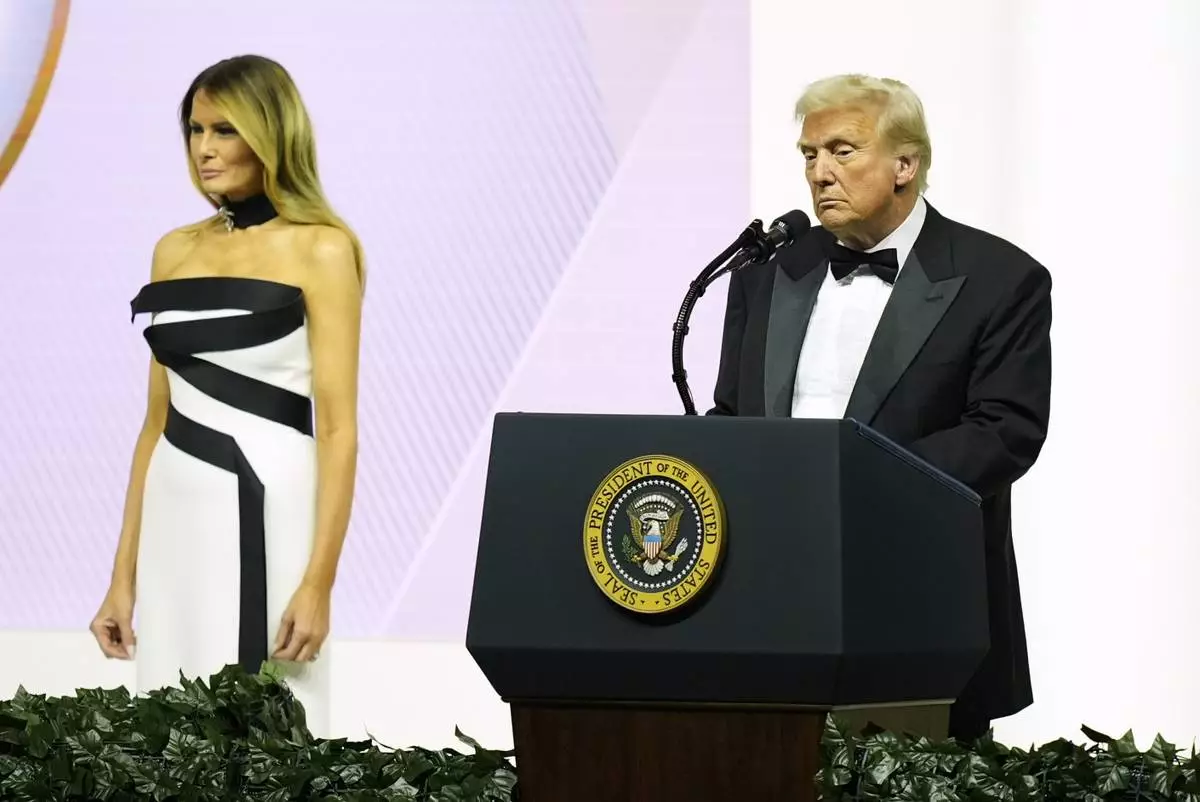
President Donald Trump speaks as first lady Melania Trump listens at the Commander in Chief Ball, Monday, Jan. 20, 2025, in Washington. (AP Photo/Alex Brandon)
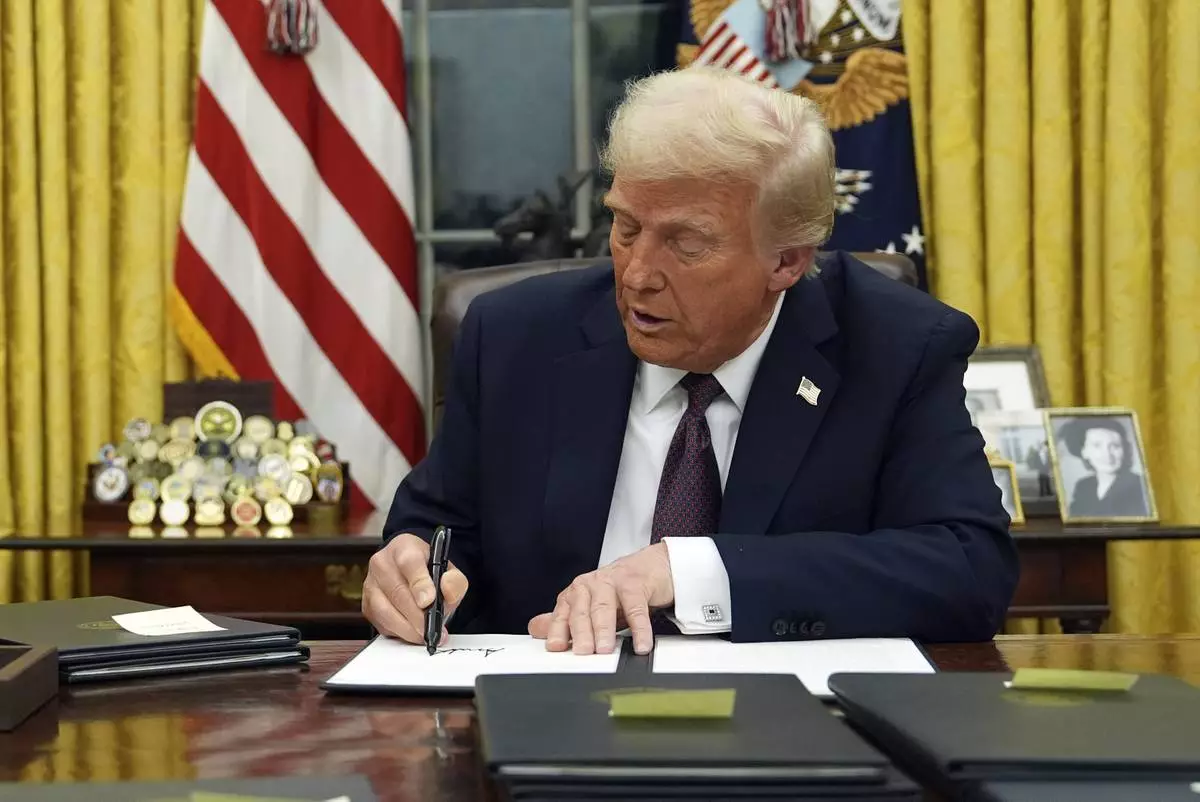
President Donald Trump signs an executive order on TikTok in the Oval Office of the White House, Monday, Jan. 20, 2025, in Washington. (AP Photo/Evan Vucci)










